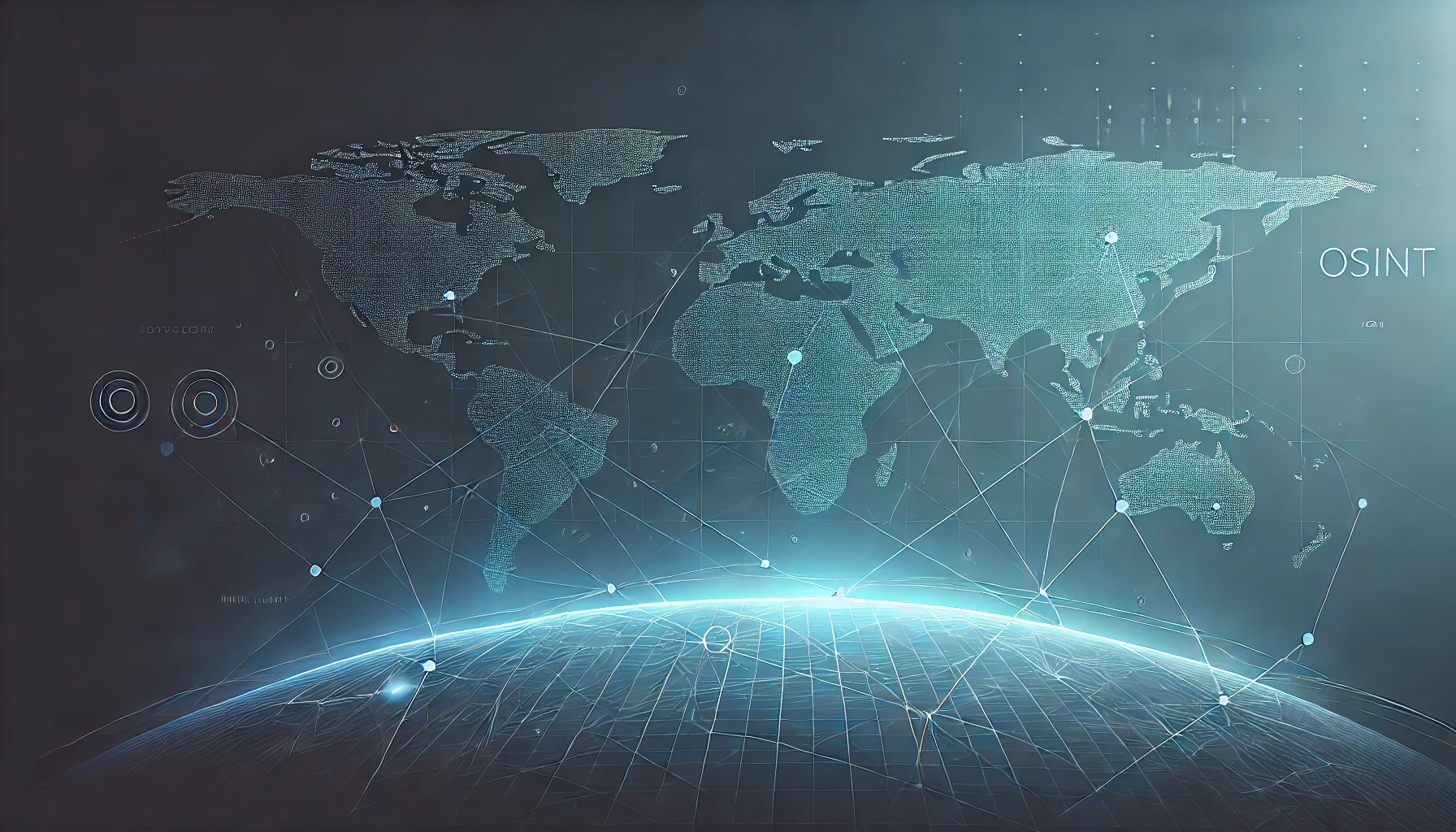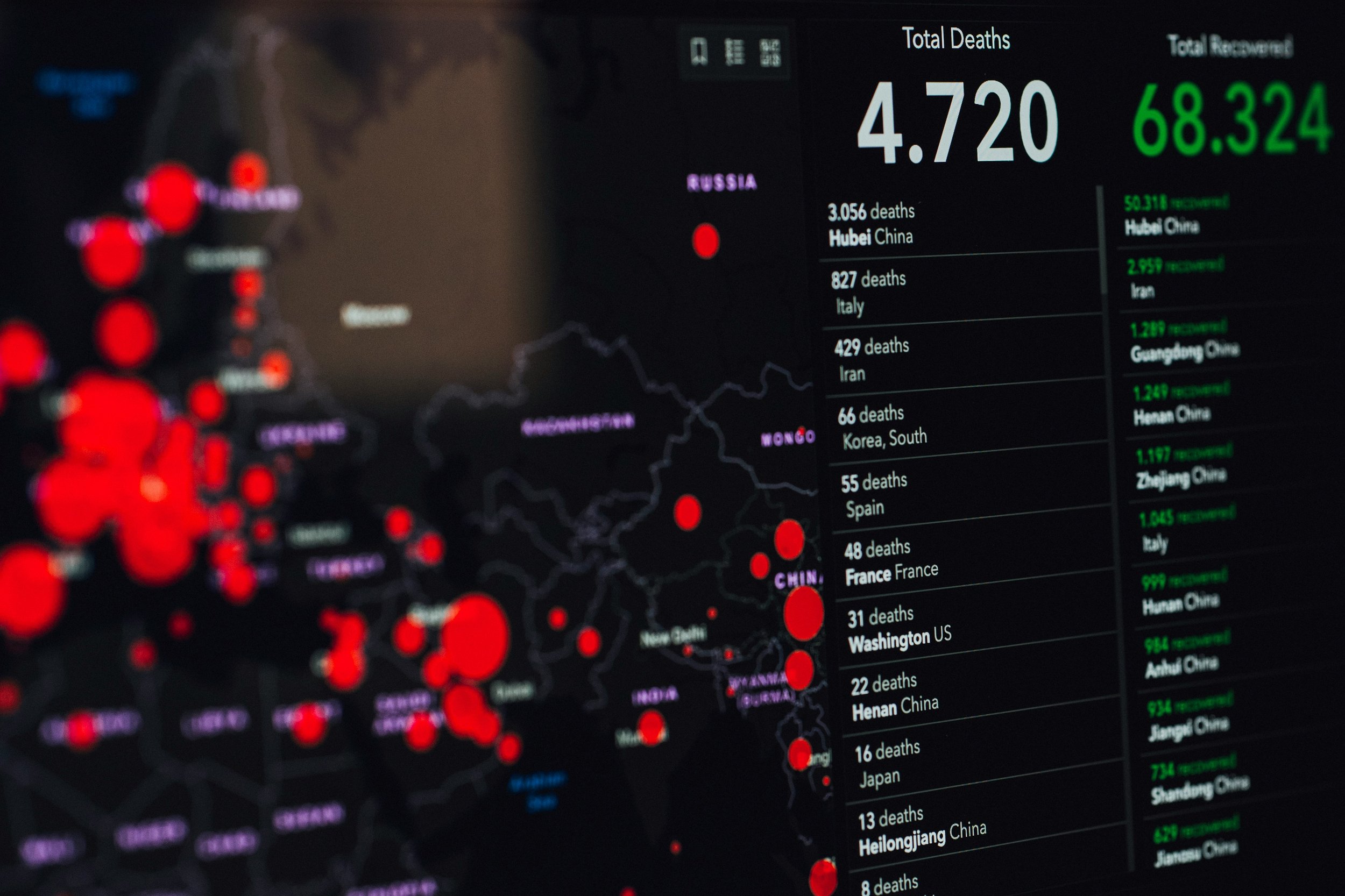
Explore our comprehensive intelligence summaries from around the globe. We cover the most critical topics and consistently update our content to keep you informed.
Recent Attacks on Undersea Fiber Optic Cables Pose Significant Risks to Global Communications and Security
Recent attacks and damage to undersea fiber optic cables, particularly in the Red Sea, highlight significant vulnerabilities in global communications infrastructure. These incidents pose serious risks to economic stability, national security, and geopolitical relations, necessitating enhanced international cooperation and investment in resilient infrastructure and cybersecurity measures.
Sudan in Crisis: The War Tearing a Nation Apart
The ongoing conflict between the Sudanese Armed Forces and the Rapid Support Forces has plunged Sudan into a severe humanitarian crisis. Over 14,000 people have died, millions are displaced, and food insecurity affects 18 million people. Despite international mediation efforts, external support for both sides continues to fuel the war. The international community faces a daunting challenge to provide humanitarian aid and push for a sustainable political resolution to prevent further suffering and regional instability.
The Resilient Force: Understanding the Houthis and Their Impact
The Houthis, originally a small revivalist group in Yemen, have evolved into a formidable political and military force. Supported by Iran, they control significant parts of Yemen and have recently escalated their operations to include attacks on international shipping in the Red Sea. Their ability to disrupt global trade routes and their impact on regional stability highlight the complexities of their influence. As they continue to navigate their alliances and conflicts, the Houthis remain a significant player in the geopolitical landscape of the Middle East.
Avian Flu Outbreak Poised to Trigger Global Public Health and Agricultural Crisis
The escalating outbreak of avian flu (H5N1) is expected to pose significant threats to global public health and agriculture. The rapid spread of this highly pathogenic virus among bird populations increases the risk of zoonotic transmission to humans, potentially leading to a new pandemic. Additionally, the outbreak threatens to devastate poultry industries worldwide, causing substantial economic losses and food security challenges.
The Future Reimagined: Navigating Post-War Recovery and the Rise of AI
As the world emerges from recent conflicts, the focus shifts to rebuilding and integrating advanced AI technologies. This transformative period promises significant economic, healthcare, and educational advancements driven by AI, but also raises concerns about privacy, employment, and ethical governance. The interplay between post-war recovery and AI will shape the future, presenting both opportunities and challenges that require careful navigation to ensure a balanced, equitable, and prosperous society.
Rising Nationalism and Protectionism Expected to Challenge Globalization and Impact Economic Growth
The rise of nationalism and protectionism in key global economies is expected to challenge the process of globalization, leading to increased trade barriers, disrupted supply chains, and slower economic growth. This trend poses significant risks to international cooperation and economic stability, with potential implications for global trade, investment, and economic development.






